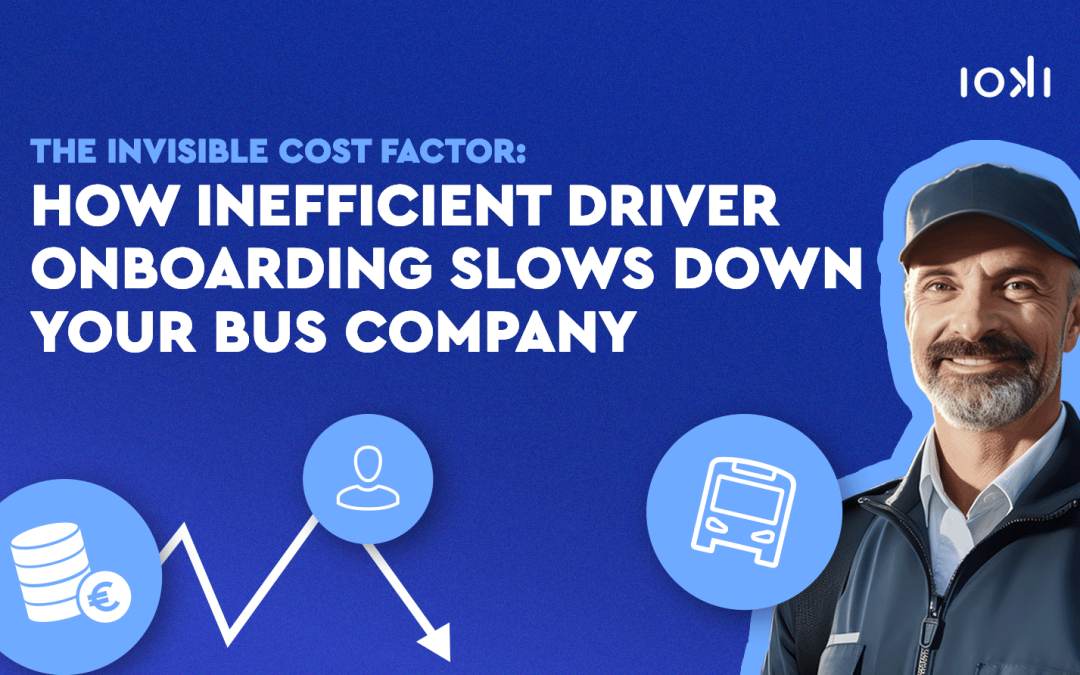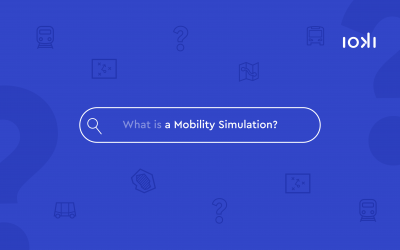You would like to use your network to increase the visibility and networking of women in the digital industry. We would like to know: What motivated you to do this, when did you start your commitment and what were the first steps?
Several years ago, I also noticed that at conferences there were few women on stage as speakers and general discussants. So I asked myself: what could my contribution be to change this situation? So I had the idea to create a network for women who support each other! In addition, I wanted to send a signal to the organizers and also to companies who say that there are no women for areas or positions: they do exist! No sooner said than done – I founded a regulars‘ table with the aim of meeting regularly, and a community of over 30,000 women has grown up. Today, the network has grown into a company with which I help companies, small and medium–sized enterprises and public institutions to become more diverse and inclusive. Because: those who count on diversity count on the future!
For you, digitization is an integral part of the future. Where do you think there are currently still social barriers to thinking about digitization in everyday life?
In Germany, we have this image of digitization that it is an automated tool that takes over our thinking and actions forever. We often discuss the contrast between digital and analogue, but it is precisely the interplay of both that will determine the future of work and everyday life. The crisis sharpens our view of the digital – suddenly everything that was previously unthinkable is now conceivable. Whether it’s video conferencing, the use of tools, digital shopping at the local retailer around the corner; even neighbourhood assistance is going digital. It is important that we think digitization across generations. Digital participation is the key to a healthy society, politics and economy! Only those who can participate digitally can also participate socially and economically!
In your opinion, what makes digitization a driver of mobility?
Digitization has democratized mobility. I have the choice, for example, whether it is shared mobility or e-mobility. Digitization and the resulting new mobility offers and providers will also strengthen Germany as a business location. For me, the change and future viability of the mobility industry also lies in its diversity – from the composition of the workforce in mobility companies to the most diverse offerings.
During your studies, you have become very familiar with politics and got to know various facets. Where do business and politics have to start in order to adapt mobility to the changing requirements (demand, flexibility, sustainability)?
A first step is: politics needs more mobility experts*. Only those who understand mobility can implement and shape it. Moreover, not only urban solutions are needed, but also and especially solutions for the country! For example, the Smart City Index shows that the degree of digitization of cities depends on their size, while smaller cities with fewer than 150,000 inhabitants have the hardest time when it comes to digitization. This is where politics must find solutions to ensure that digital participation in mobility does not become a luxury good.
The mobility industry is highly technical, and it is precisely in this area that fewer women than men work. What steps can companies take to actively promote women in mobility – just as in the digital sector?
Companies must ask themselves: has our corporate culture arrived in 2020? The first step starts with communication, from an internal meeting culture to external job advertisements. How are jobs described and where are they advertised? Who speaks in meetings and who doesn’t? Often companies communicate past the target group, in this case, women. For example, it makes a difference whether I am talking about women’s development programs or talent programs. I am firmly convinced: Women don’t need to be promoted, a promotion would help. If I see only pictures of men throughout the company’s website, I will get the impression that the company has little diversity and little interest in diversity. Diversity and inclusion are issues that should be a natural part of a company’s DNA. HR and recruiting today is increasingly taking place in communities: what are the organizations I need to keep an eye on as a company that particularly appeal to female experts in the digital and mobility industry? Where do the discussions take place on the net? As a company, I have to be present myself in order to be noticed. If you’re not digital today, you’re not taking place – but for diversity and inclusion issues, visibility is essential!



